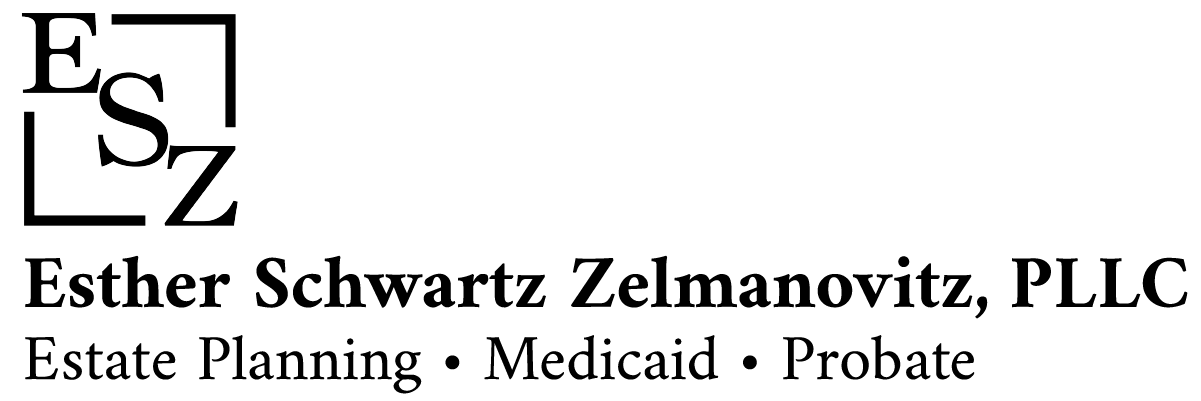Medicaid is a means tested government program. A person is only entitled to Medicaid if they meet certain strict income and asset requirements. The income and asset requirements vary by state, and further vary by program. The following will discuss how retirement accounts are treated when a New York State resident is receiving Medicaid long term care benefits (home health aides, assisted living, or nursing home care).
Currently, in 2023, an individual can have no more than $30,182 in countable resources in his name to qualify for Medicaid long term care services in New York State. Countable resources include assets such as cash, stocks, real property (excluding a primary residence valued under $1,033,000), non-qualified annuities, and cash value of life insurance. A retirement account, such as an IRA or 401(k) is excluded as a countable resource, regardless of the value of the principal balance, if it is in “payout status.” For Medicaid purposes, payout status is taking the monthly minimum required distribution (calculated as per a life expectancy table based on the account owner’s age and the value of the principal balance in the account).
The monthly distributions are treated as the individual’s income.
In 2023, an individual can keep $1,677 per month of his income if he is receiving home care services. Above that amount, Medicare and other health insurance premiums can be paid, but then any remaining amount either has to be paid to Medicaid as a “co-pay,” or can be mostly preserved by joining a pooled income trust. The income will consist of the individual’s social security, monthly pension, required distributions from retirement accounts, and any other regular income payments to the individual.
If the individual is receiving Medicaid in a nursing home, then the applicant can only keep $50 a month of his income, and the remainder of his income (social security, pension, retirement distributions) all must be paid to the nursing home as a “co-pay” for Medicaid.
In both of the above scenarios, Medicaid is only counting the retirement distributions, and not the principal amount in the accounts.
To fully protect the retirement accounts, it is critical for the Medicaid recipient to confirm that the beneficiaries are up to date on the retirement accounts. If there is no beneficiary designated, or the beneficiary is deceased, then the retirement account will need to be probated and Medicaid can recover the cost of care through the probate assets.
If planned right, a person can receive needed long term care services from Medicaid, while preserving their hard earned retirement accounts. Call us for more information and to help you through this process.
